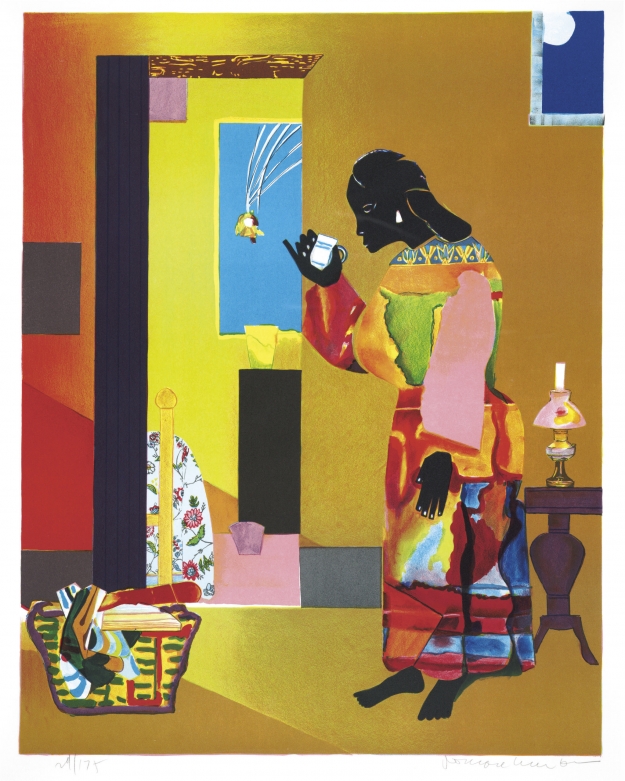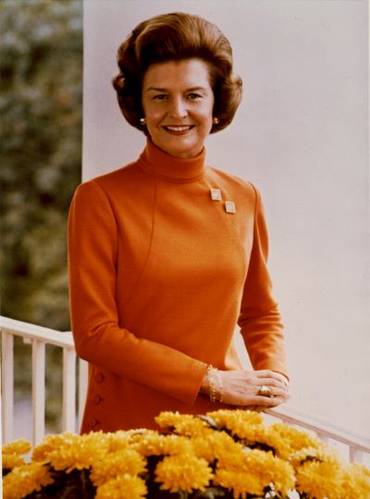Recently a male friend asked me how deeply involved I was in the 1970’s feminist movement. The question came-out-of-the-blue, during a rather benign conversation, when I was neither burning my bra nor bashing men.
My answer, “Not at all,” caught him by surprise.
During the feminist movement of the 60s and 70s, just like the civil rights movement, I sat on the sidelines. Always the cheerleader. At the time, I had two babies and a full-time job which left little time for other endeavors. Think, exhaustion.
And, to be truthful, while I recognized the need for an ERA amendment, I never felt discriminated against in my professional journalism career. The reason, I would like to believe, is that I was a fair, ethical, and talented economic/business reporter. The reality, quite frankly, was that I had the “Ink”.
I do remember an incident in the early 80s, when my boss, my publisher, had an altercation with his travel agent over an airplane ticket. Yes, the agent had erred and within an hour she arrived at our office, breathless and red-faced, with his new credentials. Ticket in hand, returning to his office, my boss stopped by my desk and said, with a snicker, “There goes further justification why men should be paid more than women.”
Thinking more about his being a jerk than my being discriminated against, I used my lunch hours that week to successfully land another (and, better) journalism position.
This all came to mind last Friday when I heard that Betty Ford, this country’s First Lady from 1974-1977, had died. Diminutive in size but robust in manner, Mrs. Ford cleared the underbrush, laid low the hedges and pushed the borders for future First Ladies. The women of my generation, then in our 20s and 30s, were in awe of her courage, shocked by her verve and loved her for both. (Well, most of us. The late President Ford often jokingly credited his 1976 election loss [to Jimmy Carter] to the millions of voters who were offended by his wife’s outspoken-ness.)
I am disappointed that we women, who experienced the fight for women’s rights in the Sixties and Seventies, haven’t made it a more important story to share with our daughters. That fact became increasingly transparent during the 2008 Democratic presidential primary when younger women were surprised and dismayed by the tenacity, dedication and, fierceness, not too strong a term, of the Hillary Clinton supporters. Yet, the opportunities and advantages young women are enjoying today were won off the backs of those supporters.
That’s why I believe it’s now important to recognize and honor Mrs. Ford’s contributions.While her legacy will always be The Betty Ford Center, an addiction and alcoholism clinic, the trip that brought that facility about is arguably more significant. What Mrs. Ford did for women is immeasurable and her journey needs to be remembered by us. Betty Ford enabled Cancer, Alcoholism, Addiction, Abortion and Teen-age Sex to become acceptable American “talking points.”
Two months after her husband became president, Mrs. Ford was diagnosed with breast cancer resulting in a radical mastectomy to her right breast followed by two years of chemotherapy. In 1974, cancer was not openly discussed. The “C”-word was only whispered. Radical mastectomy, shhhh. Mrs. Ford used her illness as an opportunity to crash through that glass ceiling, allowing this sad news to be blasted to the world. Women heaved a collective sign of relief, and, according to The New York Times, “within days, 10,000 letters, more than 500 telephone calls, more than 200 telegrams and scores of floral arrangements” poured into our nation’s capital.
She used her bully pulpit to support cancer awareness and encourage women to schedule yearly breast cancer examinations. She openly supported the Equal Rights Amendment and applauded Roe v. Wade, legalizing abortion, (her husband did not). She successfully conquered addiction and alcoholism, discussed her feelings of uselessness, emptiness and loss of self-worth, experienced but not acknowledged, by countless middle-aged women, including, in later years, yours truly.
Betty Ford “humanized” being an American woman, allowing us to admit and confront our fears and frailties, our weaknesses and strengths, without apology.
For that, I salute her, am grateful and will always honor her memory.
.


